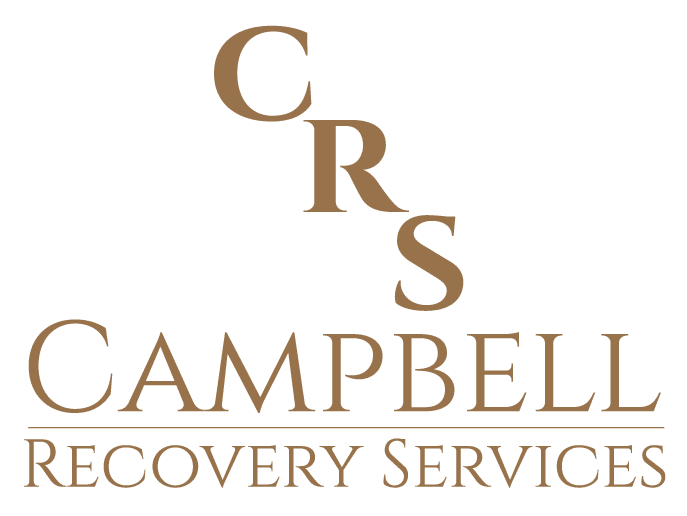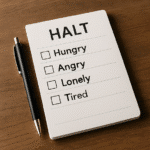Those struggling with a love addiction can want so badly to feel this intense emotion that it can lead to unhealthy infatuations and abusive relationships. Those afflicted with a love addiction are often left feeling like they must be in a relationship, even if it is with the wrong person. This perpetual need to be in a relationship and to feel loved can develop into relationships with the wrong person. When the love addict has experienced childhood trauma, this can further lead to trauma bonding and an abusive relationship.
Finding yourself in an unhealthy and damaging relationship, trauma bonding can lead the trauma survivor to turn to the abuser for emotional support and to fulfill their love needs. This is a vicious pattern of abuse that can further solidify an unhealthy and abusive relationship.
In Trauma Bonding the Victim Often Blames Themselves for the Abuse
Those experiencing love addiction are often desperate to be loved and in a long-term relationship, no matter what the costs. Coupled with a survivor of trauma, this love addiction can attract the wrong partner. Trauma bonding, consisting of a trauma victim and an abuser, is a toxic relationship. It is also the leading reason why victims stay in abusive relationships with their partners. Desperate to fulfill those deeper emotional needs, the trauma survivor will often blame themselves for the abuse. The abuser’s pattern may be to tell their partner that no one else will love them and that this is all they deserve. In other instances, they may apologize for the abuse and promise to change. Already in a fragile emotional state and desperate for love, the trauma bond is often so solidified for the victim that they are unable to leave.
The abuse experienced can be physical, verbal, or emotional. For the trauma bond to develop the victim must perceive a real danger from the abuser, feeling isolated and without the tools to escape the abuse.
Breaking the Pattern of Love Addiction and Healing from Trauma Bonding
Trauma bonding, coupled with a love addiction, can be a particularly damaging mix for the trauma victim. The constantly highly charged climate created by this toxic relationship can create changes in the brain chemistry, that simulate the feelings of addiction. Breaking free from a trauma bond can be especially difficult, as most victims are not even aware that they are in an abusive relationship. Feeling anxious much of the time and waiting for the next blow-up are indicative of a problem in your relationship.
It is important to be able to recognize the signs of an abusive relationship and how trauma bonding has played a role. Constantly blaming yourself and feeling a pull to always go back to your abuser are symptoms of an unhealthy relationship and should be addressed.
Professional counseling and therapy can help trauma victims begin the healing process. Therapy can also bring to light the destructive patterns of these trauma bonding relationships and the role that love addiction has played. By understanding these patterns and addressing the past trauma, you can begin to understand the dynamics of a healthy relationship.





